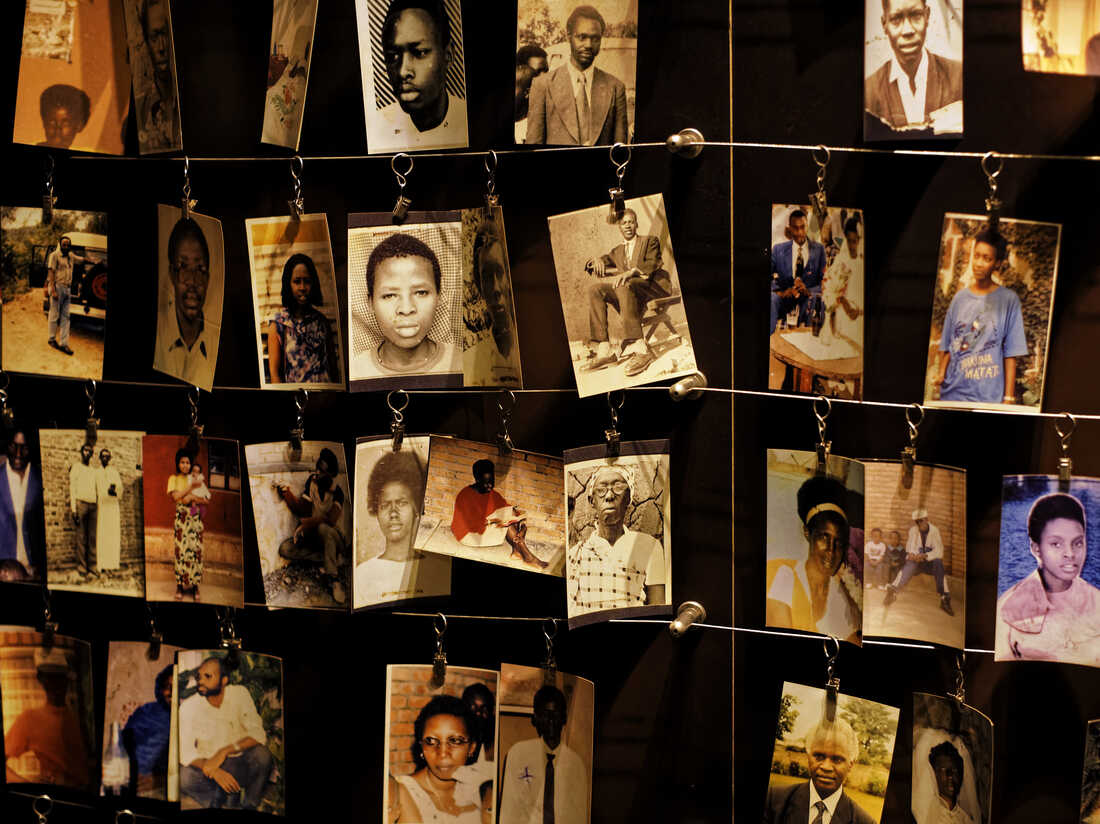Listen to a broad range of voices talking about the 1994 genocide against the Tutsi and perspectives on today’s genocide denial.
A conversation with the professionals and activities who made important contributions to preserving memory, healing trauma, delivering justice, and ensuring historical clarity.
Walk to Remember is a commemorative walk that brings together people from all over the world to commemorate the victims of the 1994 Genocide against the Tutsi.
Kwibuka31 marks a generational cycle since the The Genocide against the Tutsi was put to an end. It is a time to reflect on Rwanda’s journey of rebuilding strength, resilience, and unity. It now falls to new generations to sustain and carry forward this progress, adapting to today’s global challenges to achieve our aspirations.
Rwanda is defined by a shared vision of hope, a commitment to dignity, an unshakeable will to strive as a nation and, above all, resilience.
The genocide against the Tutsi begins.
Several opposition politicians and Hutu officials opposed to the Genocide are assassinated.
The Genocide memorials, including those recognised by UNESCO as World Heritage Sites, stand as witnesses to the 1994 atrocities and serve as powerful symbols against genocide denial.
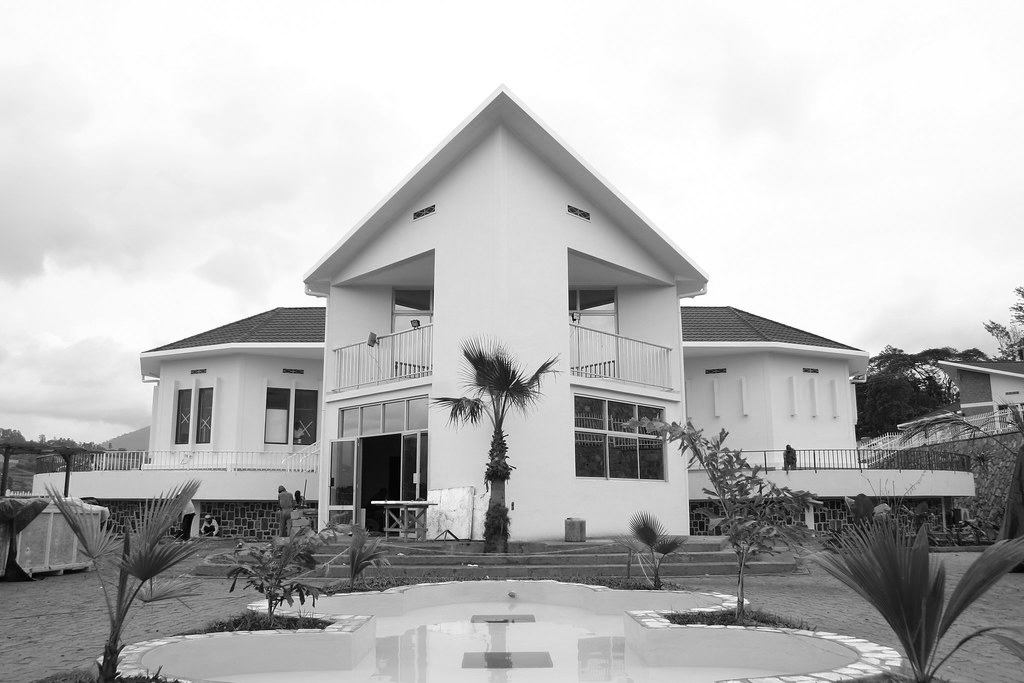



Walk to Remember is a commemorative walk that brings together people from all over the world to remember the victims of the 1994 Genocide against the Tutsi.
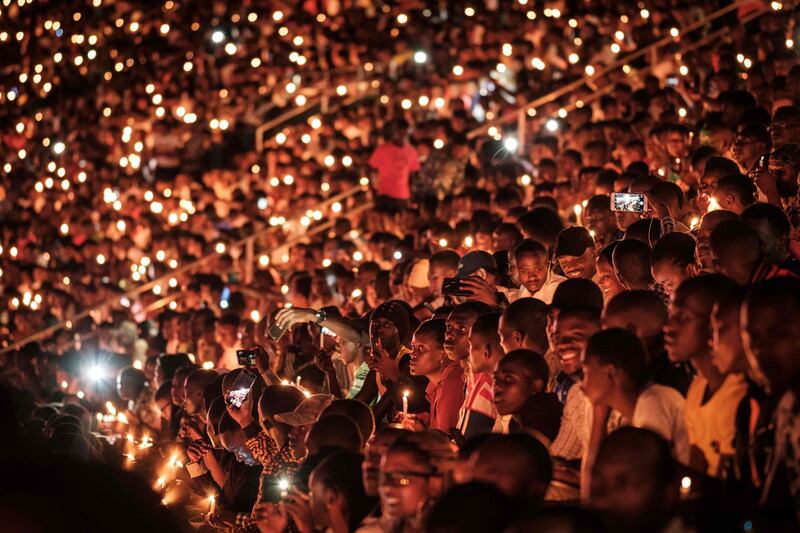

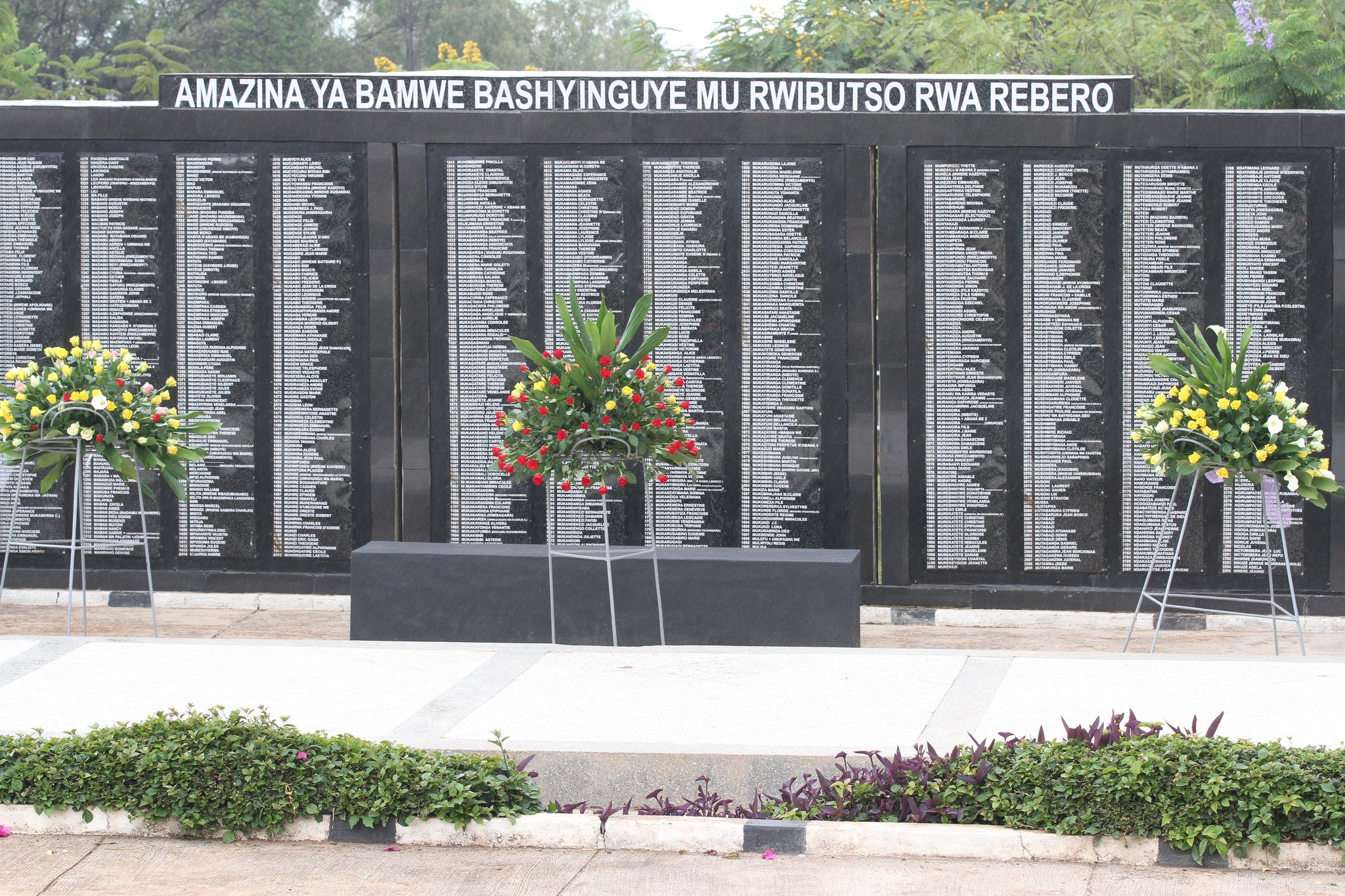
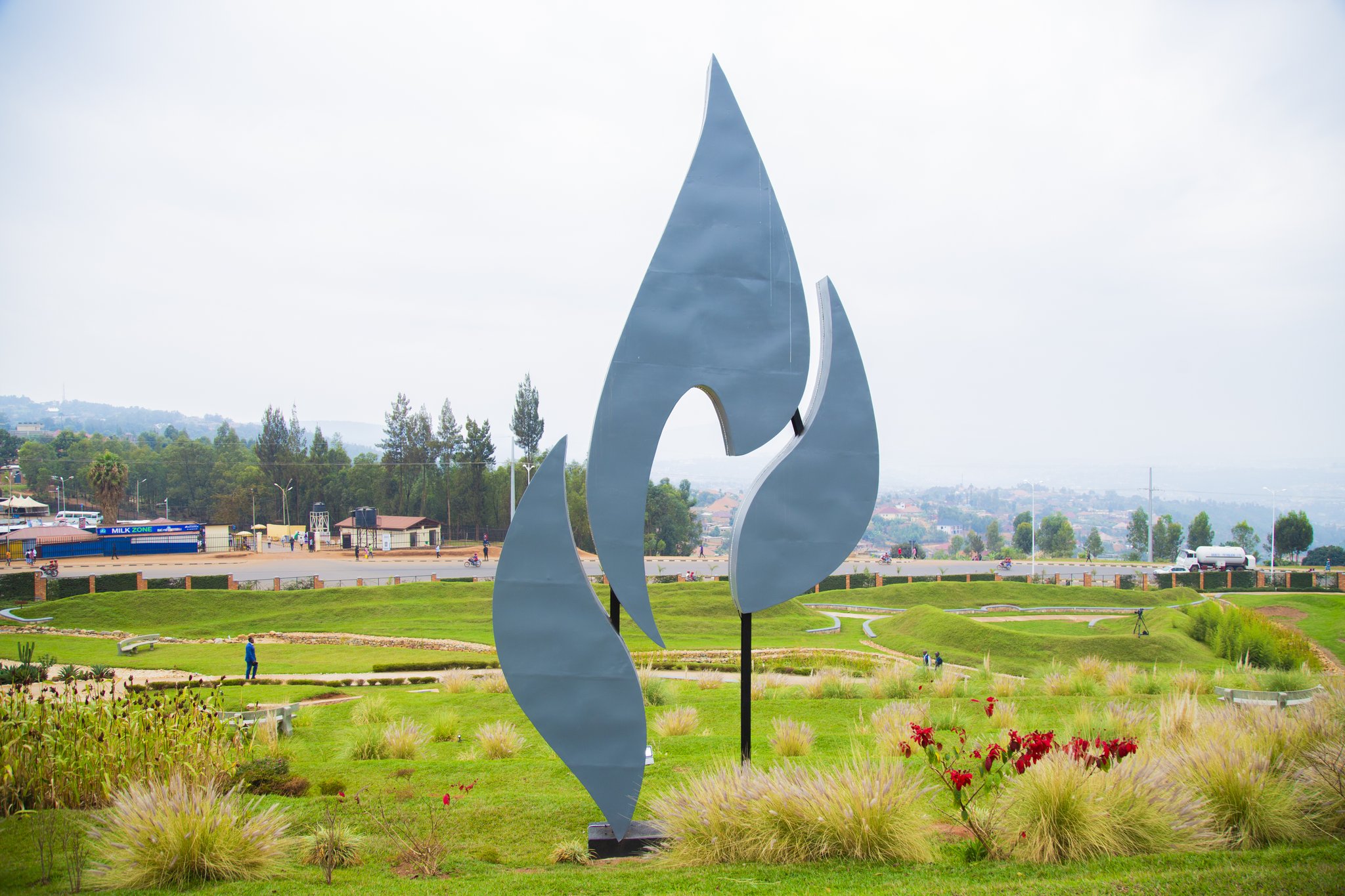


Learn about the 1994 genocide against the Tutsi, the conditions that made it possible, and post-genocide reconstruction.
Things were far less rosy in Rwanda in the early 1990s than the Western donor nations chose to believe. The economy was reliant not on exports but foreign aid.
Genocide never happens by chance. It takes time to plan and organize. The warning signs are always there. In Rwanda, these were not acted upon effectively.
Many analysts, journalists and policy-makers saw the killings as the result of a civil war between the Rwandan Government and the RPF.
From the ashes of a failed state at the end of the Genocide against the Tutsi, Rwanda has risen to become a united nation and a stable country. A nation which seemed in 1994 to have no future, Rwanda is now aiming to achieve middle income status as a stepping-stone to a fully developed economy.
Twenty-eight years after the 1994 Genocide against the Tutsi, Rwanda has had a long but a successful journey of reconciliation and nation building.
